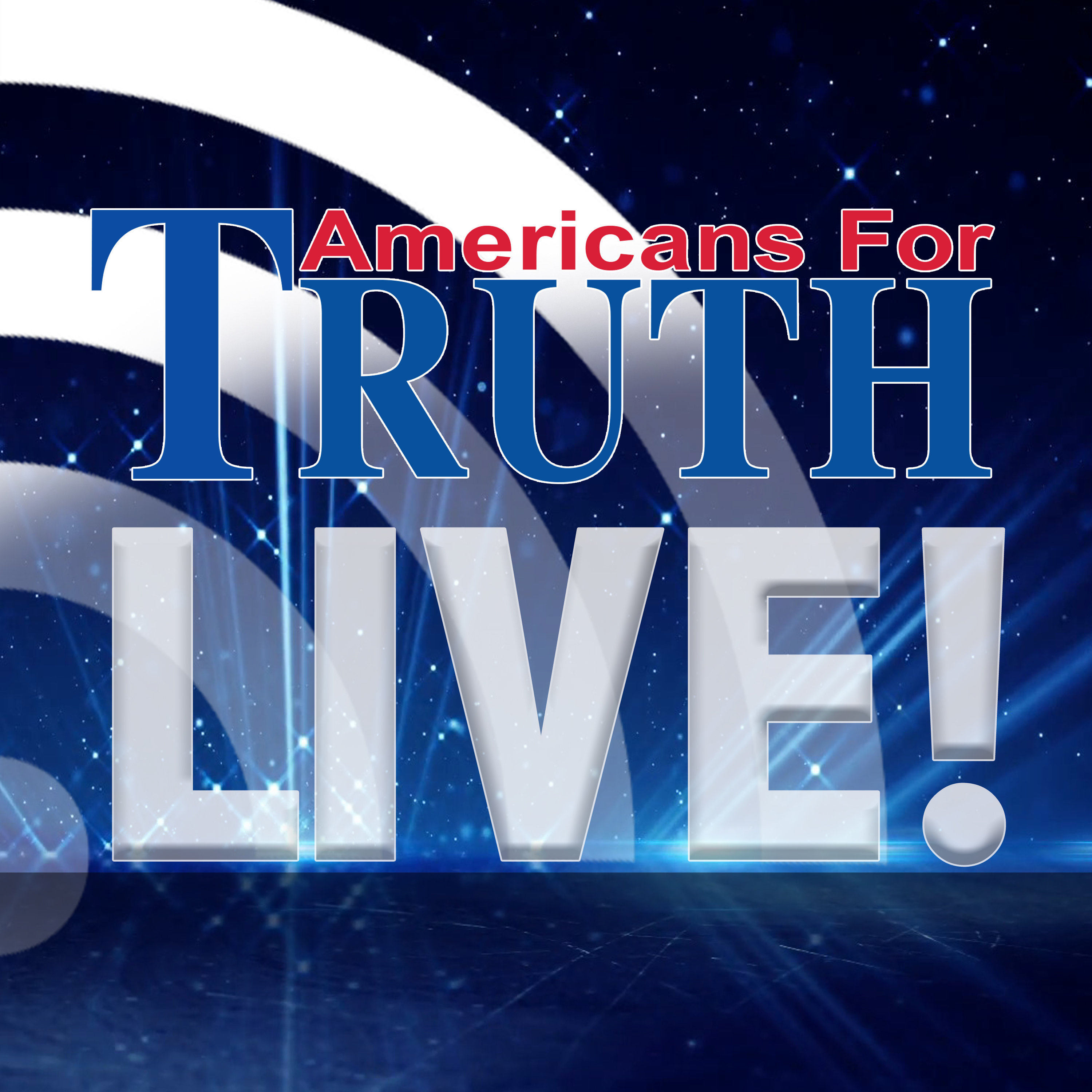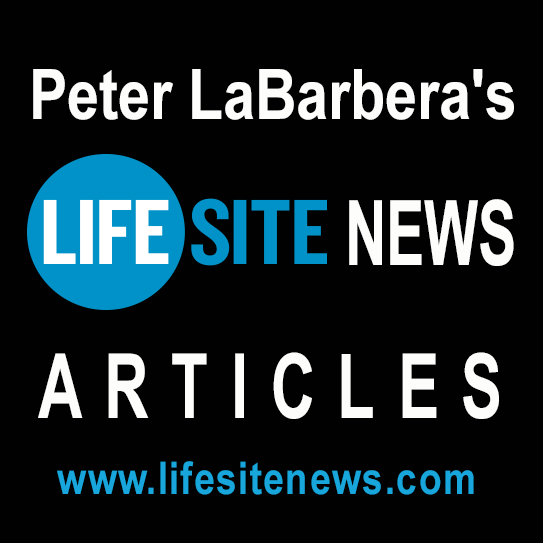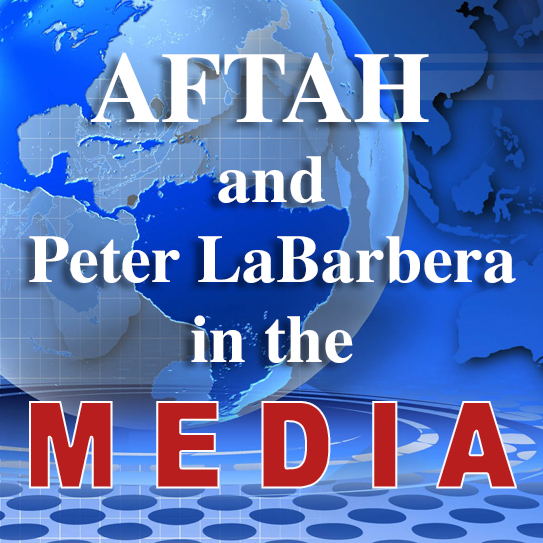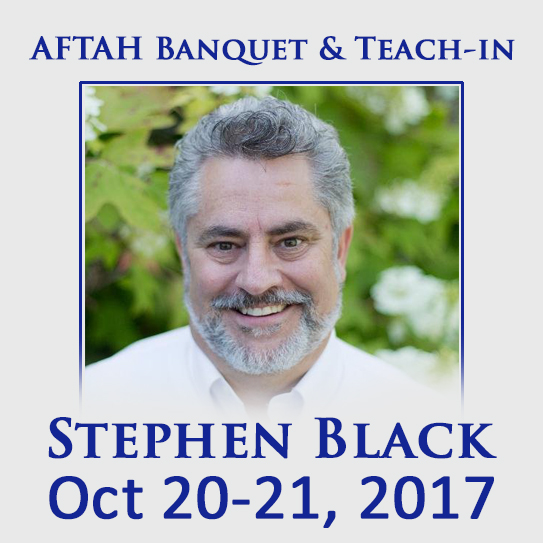
| Home | About | Issues | Resources | Join Our Email List | Savage Hate | Donate | Contact |
Wheaton Parent Reflects on Inviting Religious Left Speaker Jim Wallis to College
By Laurie Higgins
I, as a parent of two Wheaton students, was concerned about the recent invitation by Wheaton College’s Center for Applied Christian Ethics (CACE) to Jim Wallis to speak. I was concerned in that it followed close on the heels of the appearance at CACE of Harry Knox, director of the Religion and Faith Program of the [homosexual activist organization] Human Rights Campaign (HRC), and the campus visit of Soulforce [another homosexual activist group] whose members were permitted to distribute literature on campus. Some of us who deeply love Wheaton College were, with reason, concerned that Wallis might have attempted, like Harry Knox, to efface the violation of God’s design and moral order that homosexual conduct represents. We were not only concerned about the ostensible pedagogical purposes for which Wallis was invited, but also concerned that he might deviate from those purposes to discuss homosexuality, as did Harry Knox who had been invited to discuss HIV, but moved considerably beyond the topic of HIV to discuss his own homosexuality.
This CACE event has raised some important questions regarding the distinction between education and indoctrination. Some contend that an educational environment necessitates exposure to all sides of issues. They argue that an educational institution that fails to expose students to diverse views fails its educational mission and becomes, instead, a place of indoctrination. Having experienced this very problem of intellectual censorship in a public educational institution, which is in some ways even more troubling, I am in complete agreement that intellectual diversity is essential. That said, however, the means by which diverse ideas are addressed matters.
Is a private college with a very specific mission, like Wheaton, ethically obligated to not only expose students to diverse ideas, but also to provide forums to those who hold unbiblical ideas as the means by which students are exposed to such ideas? How divergent from a Christian worldview must the views of scholars be before Wheaton determines they, in fact, undermine truth? In the service of dialogue and intellectual diversity, must they bring in John Shelby Spong or Peter Singer? If it is legitimate to expose Wheaton students to unbiblical ideas, like those of Harry Knox, by inviting those who hold them to campus, will Wheaton invite those who endorse polyamory or adult consensual incest to share their ideas—all in the service of advancing education and avoiding indoctrination? Would it be appropriate, in the service of the worthy goal of sound pedagogy, to allow pro-poly or pro-incest groups to distribute their literature on campus as Wheaton permitted Soulforce?
The answer to the last two questions, I hope, is obvious. The reason I raise them is to suggest that many Christians, perhaps some at Wheaton, respond differently to homosexuality than they do to polyamory and incest. And, I would argue, they do so, not for biblical reasons, but because they have been desensitized and deceived by the effective stratagems of gay activist organizations and their supporters. The consuming cultural presence of sexual deviance that is now reaching into even early elementary school, and the vociferous intolerance of conservative voices in the public square reveals that the real threat to freedom and truth comes not from conservative indoctrination but, rather, from liberal indoctrination.
Wheaton College must expose students to diverse ideas (though perhaps not all ideas). Students should read the works of those with whom they disagree—under the tutelage of professors who can help them analyze and critique arguments. Panel discussions and debates are also effective means by which to present and expose flawed ideas. Wheaton, however, has no obligation to provide forums to speakers to espouse distinctly unbiblical views, like the heretical views of Harry Knox. Though Wheaton is not a church, its motto is “For Christ and His Kingdom.” Wheaton has no pedagogical obligation to allow, for example, abortionists, atheists, or homosexuals to teach untruths. It seems that although Jim Wallis has not wandered as far off the narrow way as have Harry Knox and Mel White’s Soulforce, he may be moving in the wrong direction.
I firmly believe that Christian institutions, including the academy, have been, and in large measure continue to be, woefully remiss in equipping believers with an understanding of both the scriptural and secular arguments used to normalize homosexual practice. Our churches and our Christian academies must do a better job of countering the deception about homosexuality that is being promulgated as truth. We ought not to retreat from intellectual engagement with the ideas of secular society and liberal theologians on sexual “orientation” and sexual “identity.” But allowing homosexualists to promote their views at Wheaton is neither the appropriate way to educate nor to correct error.
I want to make clear that I do not view homosexual conduct as a greater sin than those with which I struggle. My views on homosexuality do not diminish my recognition of the infinite worth of those who identify as homosexual. My views do not diminish the love I have for them or the pleasure I take in their company. And I do not seek to ostracize those for whom same-sex attraction is a painful struggle. I do hope, however, that Wheaton College and other institutions committed to teaching Christ and His Kingdom would provide no forum for those who espouse unscriptural views regarding homosexuality that are destroying the lives of countless individuals, threatening speech and religious rights, corrupting the foundational institutions of marriage and family, and dividing churches.
Laurie Higgins is a writing instructor in a public high school in the suburbs of Chicago.










